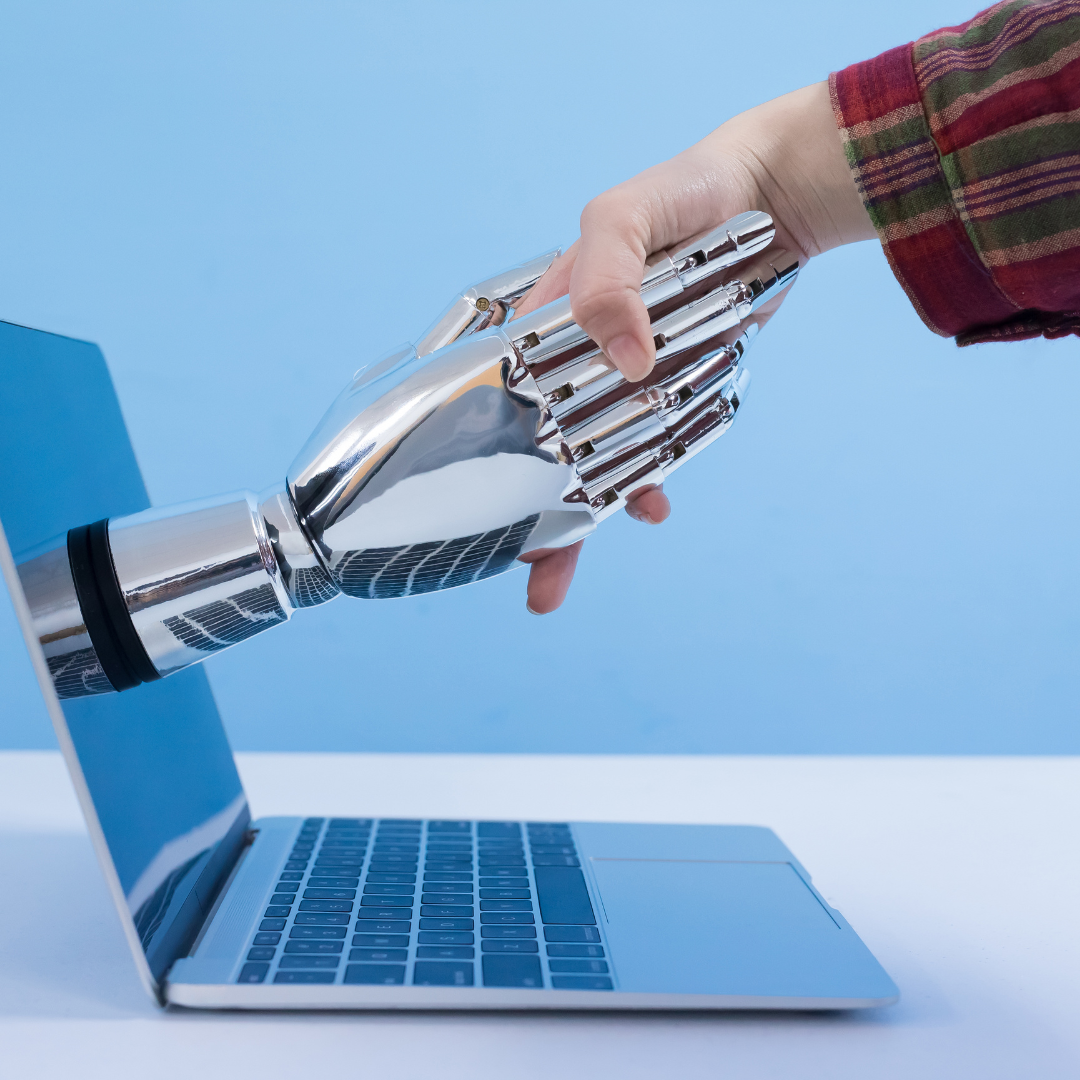By: Noha Rahhal
Artificial Intelligence (AI) has been one of the hottest trends for the past couple of years. Every single day, AI makes it way to the headlines worldwide, sometimes to highlight innovative inventions and applications that are supposedly designed to make our lives easier; sometimes the headlines are of a much darker nature. If you are an avid follower of tech news, you may have heard of the American lawyers who got into trouble for using ChatGPT to write motions for lawsuits, not to mention gloomier scenarios about doomsday.
The question of whether or not AI will further advance human lives still persists. Despite the ongoing debates about its dark side and how it may lead to the extinction of humanity, there is, on the other hand, a beam of hope with studies showing that AI can help with longevity.
What is Ageing?
Before delving into AI’s potential contributions to extending life expectancy, we need to understand first what aging really means. If you are asked about ageing and its stance for you, chances are you would probably think of grey hair, face wrinkles, and osteoporosis. However, ageing is a much deeper and of a more scientific concept.
According to the World Health Organization (WHO), ageing “results from the impact of the accumulation of a wide variety of molecular and cellular damage over time. This leads to a gradual decrease in physical and mental capacity, a growing risk of disease and ultimately death. These changes are neither linear nor consistent, and they are only loosely associated with a person’s age in years”.
“In 2020, the number of people aged 60 years and older outnumbered children younger than 5 years. The pace of population ageing is much faster than in the past.”–WHO. Thus, what we should be asking now is how Artificial Intelligence (AI) can help slow down the inevitable process of ageing; thus, boosting longevity.
Connecting People in Time of COVID
In 2020, right after the breakout of COVID-19, the world was forced into strict lockdown to slow down the spread of the novel virus. Despite being intended as a mitigation strategy, lockdown has attributed for a lot of stress in the masses leading to several mental health problems. That was when the power of technology has become an indispensable tool to maintain mental and physical health during such difficult times.
The number tech applications, such as video chat services and other internet-based communication to connect people, has been on the rise ever since. Back then, we have witnessed the rise of apps, such as Zoom, Clubhouse, etc. Moreover, some governments have leaned toward technological inventions to mitigate the pandemic risk. Through smartphones, health institutions were able to trace people's contacts with COVID-19 carriers, and keep track of vaccination records and infection histories.

AI: More Than Just a Preventative Tool
According to Maliha Hashmi, Executive Director, Health & Wellbeing & Biotech, NEOM, advanced sensors, health data, and AI algorithms will empower healthcare professionals to develop precision diagnoses, personalized treatment, tailored health management, and effective monitoring, all without a hospital visit. “The hospital will come to you; care will be everywhere.”
All sounds great, right? Yet, does AI enhance life longevity in this way? It has been found that such therapeutic approaches do not remarkably extend lifespans. In the US, it has been estimated that the complete elimination of a fatal disease would lead to a 2.3-year population increase in life expectancy at birth. Thus, how will AI prove to be a crucial tool to life expectancy?
The Era of Age-Tech
Andrew Scott, Professor of Economics, London Business School discusses a new form of technology that is built around the needs and wants of older adults. It is aimed at providing services to older people, helping them keep connected, active, and cared for. This type of technology is known as Age-Tech, which has the potential in supporting working for longer, with robots doing the heavy lifting and AI providing cognitive support.
The importance of elderly care service has grown, but the pool of skilled caretakers has not. Elder care service is highly dependent upon the experience and intuition of these skilled caretakers. That is where robots and monitoring technology jump to the rescue as they can reduce abuse and maltreatment of older persons in care settings and provide better insights into older persons’ health. However, according to Peggy Hicks, Director, Thematic Engagement, Special Procedures, and Right to Development Division, Office of the High Commissioner for Human Rights (OHCHR), we need to ensure that technologies are designed and deployed safely, which requires active participation of older persons in their development.
References